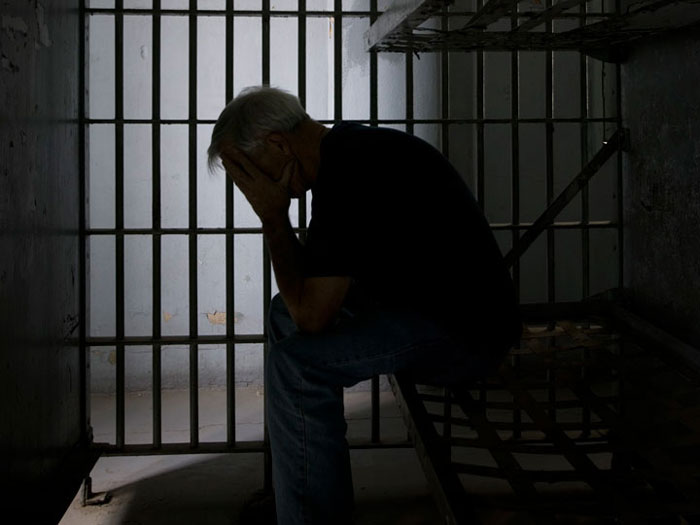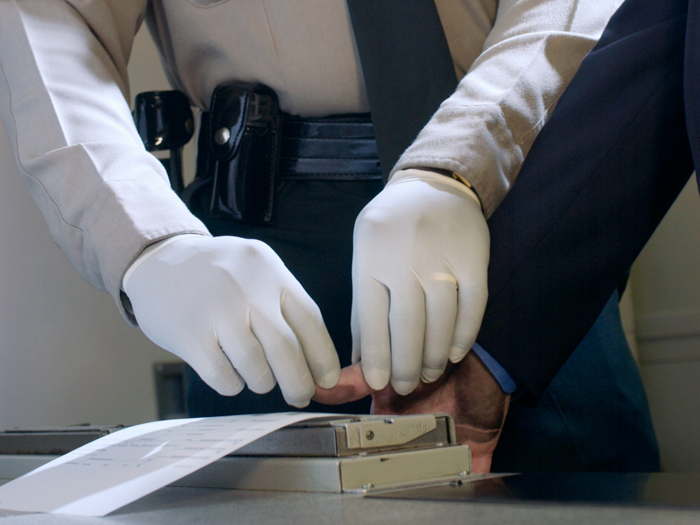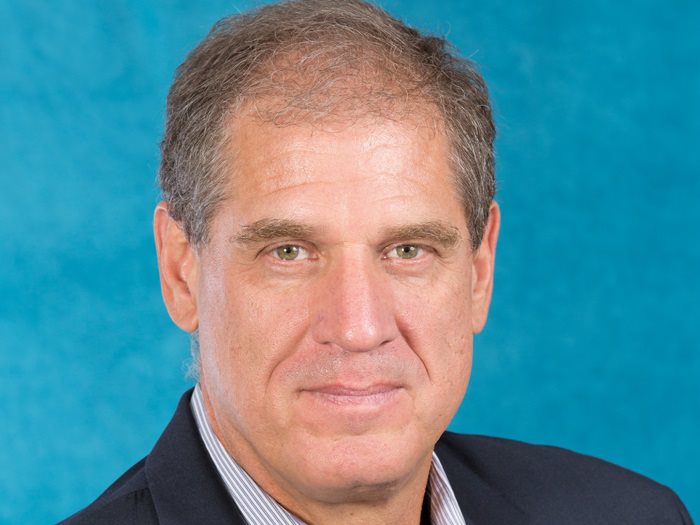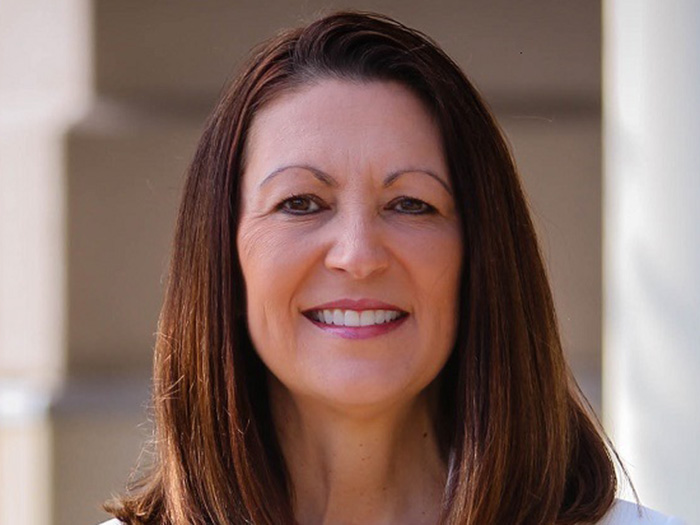Risk Scenario + Webinar
A Nightmare in Veracruz
Disclaimer: The events depicted in this scenario are fictitious. Any similarity to any corporation or person, living or dead, is merely coincidental.
Part One
The steel door to the jail cell in the Mexican town of Tuxpan closed with a jarring “clank”.

On the other side, a police captain walked away, coughing once, before moving out of sight.
For the moment, Ernie Herrerra, a field engineer for a Fresno-based oil exploration company, was alone in that jail cell. He was alone and in acute pain.
He knew, above all else, that he had to stay calm.
He had to think, he had to. But it had all happened so quickly.
He felt like he was in a dream, but it wasn’t a dream. The throbbing in the back of his neck made that all too clear for him.
***
Ernie had just finished a day working with core sampling crews in the Mexican state of Veracruz. There were three crews in action, probing for the kind of crude find that would make his company and its business partner, a major multinational energy conglomerate, very happy.
It had been a long, hot day, driving dirt and gravel roads, visiting the test sites, talking to the drilling teams, gathering data for his report back to headquarters.
He was finished, driving down from the foothills to his hotel room in the town of Tuxpan, when he saw a jeep barreling towards him on the mountain road.
Ernie had almost no time to react before the jeep was on him; four young men, joyriding from the looks of it. Too late, the driver saw Ernie’s SUV.
The other driver overcorrected first one way, then, overcorrected the other way.
With the driver laying on the brakes, the jeep skidded head-on into the front of Ernie’s vehicle. It was going about 35 mph when it hit Ernie.
Even though he saw it coming, Ernie was whipsawed by the impact.
Lights flashed behind his eyelids as his head was thrown back against his headrest and then tossed forward into the deploying airbag. The force of the backward motion was so severe that Ernie heard something crack and felt a jolt of pain run through his upper neck and the back of his skull.
In intense pain, Ernie wasn’t sure if he should even move.
What he could see inside the jeep was harrowing. One of the passengers in the backseat was convulsing from what looked like a serious head wound. The driver was unable to move, seemingly pinned into his seat by the wrecked steering wheel.
One of the uninjured passengers was trying to tend to his badly injured friend in the back seat. The other uninjured passenger pulled out his cell phone and dialed feverishly.
Panic overwhelmed the scene as it appeared the severely injured young man in the back seat could be in his death throes.
From the snippet of the cell phone conversation that Ernie was able to catch, it sounded like the uninjured passenger was talking to the police and blaming Ernie for the accident.
Part Two
The Tuxpan police chief himself soon arrived, accompanied by an ambulance squad.

The squad was too late for the poor boy in the back seat of the jeep. He was motionless and not breathing.
As emergency crews worked to safely extricate the driver of the jeep, the uninjured passengers, apart from consoling each other, were on their phones, breaking the horrible news to the relatives of the deceased passenger.
Shocked as he was by the death of the young passenger, and weakened by his own injury, Ernie could never have been prepared for what happened next.
The police chief questioned him, asking if he had been drinking and whether he was speeding when the accident happened.
Next he asked for proof of financial responsibility.
“You mean Mexican auto insurance?” Ernie said.
“Responsibility, proof of financial responsibility!” the chief said to him in Spanish.
Ernie panicked a little, and didn’t grasp what the chief was asking for. He had just grabbed a co-workers’ SUV to get back to his hotel room and had no idea what sort of coverage, if any, had been purchased.
“No,” was all he said, repeating it three times to the insistent chief.
“It’s illegal, your driving here,” the chief said. “You are under arrest.”
The chief took Ernie’s cell phone and practically dragged him from the SUV, even though anyone could tell that Ernie had a serious neck injury.
Ernie felt that if he was moved at all without neck support the consequences could be dire.
Ernie was bilingual, had to be for this assignment. But that did him no good with this police chief.
Ernie told him he felt he was seriously injured and shouldn’t be moved. Ernie had to grind his teeth together to fight the pain when they threw him into the police cruiser and took him to this jail cell at the police station.
***
Now, in the cell, Ernie realized just how vulnerable he was. He had no cell phone, and even if he did, he was totally unprepared for this situation.
He had never been given any information on legal or medical assistance should he be injured or incarcerated in a foreign country.
He wracked his brain. He was young, only 32, and had a pretty good memory. There was nothing about this in the employee handbook that he could remember.
He had been briefed on the risks of foreign travel, but he felt given his health, his innate common sense and his language skills that he’d be okay no matter where he went.
There was no one in the country he could have called besides a drilling engineer, even if he had a cell phone. What had seemed like a manageable situation was now revealed for what it was, a nightmare in the making.
Most of his conversations with supervisors before he boarded the plane in Sacramento focused on communication protocols, cyber security for the highly valuable data he would be sending to headquarters and to the company’s partners in Houston on the potential for big oil finds.
As far as protection for him, any kind of safety net, there was none. His neck hurt, but his brain was going numb with the enormity of it all.
Part Three
Ernie’s accident happened on a Friday afternoon. It took 48 hours for his geology team members to put together that he was missing.

No one at Ernie’s hotel knew where he was. The team tried local hospitals, fearing he’d fallen ill or been injured. They discovered nothing.
“You think he could have been arrested?” one of the team members said.
“Doubt it,” said another. Ernie was such a straight arrow.
But sure enough, when they went to the Tuxpan police to file a missing persons report, that’s where they found Ernie.
Ernie eventually got a visit from one of his team members, an oil geologist, in jail. The geologist called headquarters and told executives there that Ernie was in custody.
In the meantime, Ernie’s superiors had been able to convince local contacts for their industry partners that Ernie needed to be released from jail immediately on medical grounds.
Four days after the accident, and still with no pain killers in him, Ernie is transported by federal police to Veracruz, where an X-ray reveals that he sustained a fractured cervical vertebrae.
Ernie is on a plane to San Diego, his neck in a brace, and finally medicated, when the recognition of his company’s failure to provide him with adequate insurance, and by extension adequate medical and legal assistance in a foreign land, begins to dawn on him.
“There is no way I should ever have been in that position,” he says to himself as he pops another extra strength pain killer. The more he thinks about it, goaded by the pain he is in, the angrier Ernie gets.
When Ernie lands, he calls his buddy Mike Flaherty, with whom he attended undergrad at the University of Arizona.
Mike is now an attorney specializing in employment law and international business.
“I mean am I missing something here? Did this company leave me exposed unnecessarily?” Ernie asks Mike.
“I’m in a foreign country and I spend four days in jail with a broken neck. Literally, a broken neck,” Ernie says.
“I think they have a liability there,” Mike said. “The local car rental companies in Mexico can only give your company so much in coverage, about $55,000,” he said. “Your company should have known that and made more coverage available to you.”
“With that one passenger dying and the injury to the other, your company could be looking at a serious liability and I’m not even taking into account your pain and suffering,” Mike said.
Mike sees Ernie’s case as an open and shut instance where a company failed to adequately protect an employee traveling in a foreign country.
Ernie is seen by a specialist upon his reentry to the United States in San Diego. The specialist determines that the failure to immobilize Ernie’s neck when he was first injured, and the fact that he endured four days in that state with no relief, have added to the possibility that Ernie will suffer a permanent weakness in his neck.
Ernie was happy to have gotten the job he had. He viewed the oil industry as an exciting place, where a young engineering graduate could travel and make a good living. But the way the company let him down in Veracruz he could not let stand.
“Ernie, can we talk?” the executive who recruited him said in one of several voice mails to Ernie that go unanswered.
Ernie just sat and listened to the voice mails.
“I’m done talking to you,” he said to the phone and to no one.
In addition to the costs of medical treatment and patient transportation within Mexico, Ernie’s company is facing a civil action from Ernie alleging that the company failed to adequately protect him while traveling in a foreign country.
The story of Ernie sitting in a stifling jail cell in a foreign country with a neck injury plays very effectively with a jury. The jury finds that the combination of a permanent injury with the pain and suffering that Ernie endured as a prisoner resulted in significant monetary damages.
His former employer, apart from losing a valuable employee, is now looking at significant premium increases next year, if it can get coverage at all. The appropriate types and limits of insurance, as well as appropriate training of its employees may have let the oil exploration company and Ernie avoid much of this entire nightmare.
Summary
A failure to secure adequate amounts of in-country coverage and a lack of crisis preparedness adds up to major losses for an oil exploration company that sees a valuable employee injured in a foreign country.
1. Educate beforehand: As our story shows, the failure to educate an employee about the coverage network available to him and the full range of risks he could be exposed to in a foreign land could have dire consequences. Making sure an employee is briefed on how to protect himself during a crisis on foreign soil should be every bit as important as briefing him on the revenue-generating possibilities of the trip.
2. Know the coverage requirements in every jurisdiction: Different nations have different laws in place when it comes to the actions and legal rights of employees that are traveling on business. Our protagonist Ernie Herrerra was jailed because of a provision in Mexican law which requires a driver in an accident to show proof of financial responsibility or face immediate consequences.
3. Establish protocols for international travel crisis management: The time for creating well-understood protocols for managing a crisis on behalf of a traveling employee is before the employee gets on the plane, not after the crisis develops. An entire crisis management safety net should have been constructed for Ernie Herrerra and wasn’t.
4. Purchase coverage at adequate limits: Is insurance coverage for an employee who travels internationally really the place to cut corners? It is oftentimes our most valuable employees that we trust with traveling to meet with clients or to explore other types of business opportunities. On the one hand, we want to protect these clients. On the other, these talented, top-tier performers, are the ones we can least risk alienating, or in this example, litigating against.
5. Do not lose contact: Perhaps the most frustrating piece of this story for the injured, traveling employee was that he lost contact with his company and his co-workers after his accident. If companies get one thing right in their crisis management plans they should make sure they know how to reach an overseas employee and have options for finding him or her if they drop out of sight.
The Webinar
The issues covered in this scenario were in part based on lessons gleamed from international travel problems. This follow-up webinar focused on specific challenges for global employers and presented actions companies can take to protect themselves and their employees moving forward.
Download a copy of the slide presentation here.











